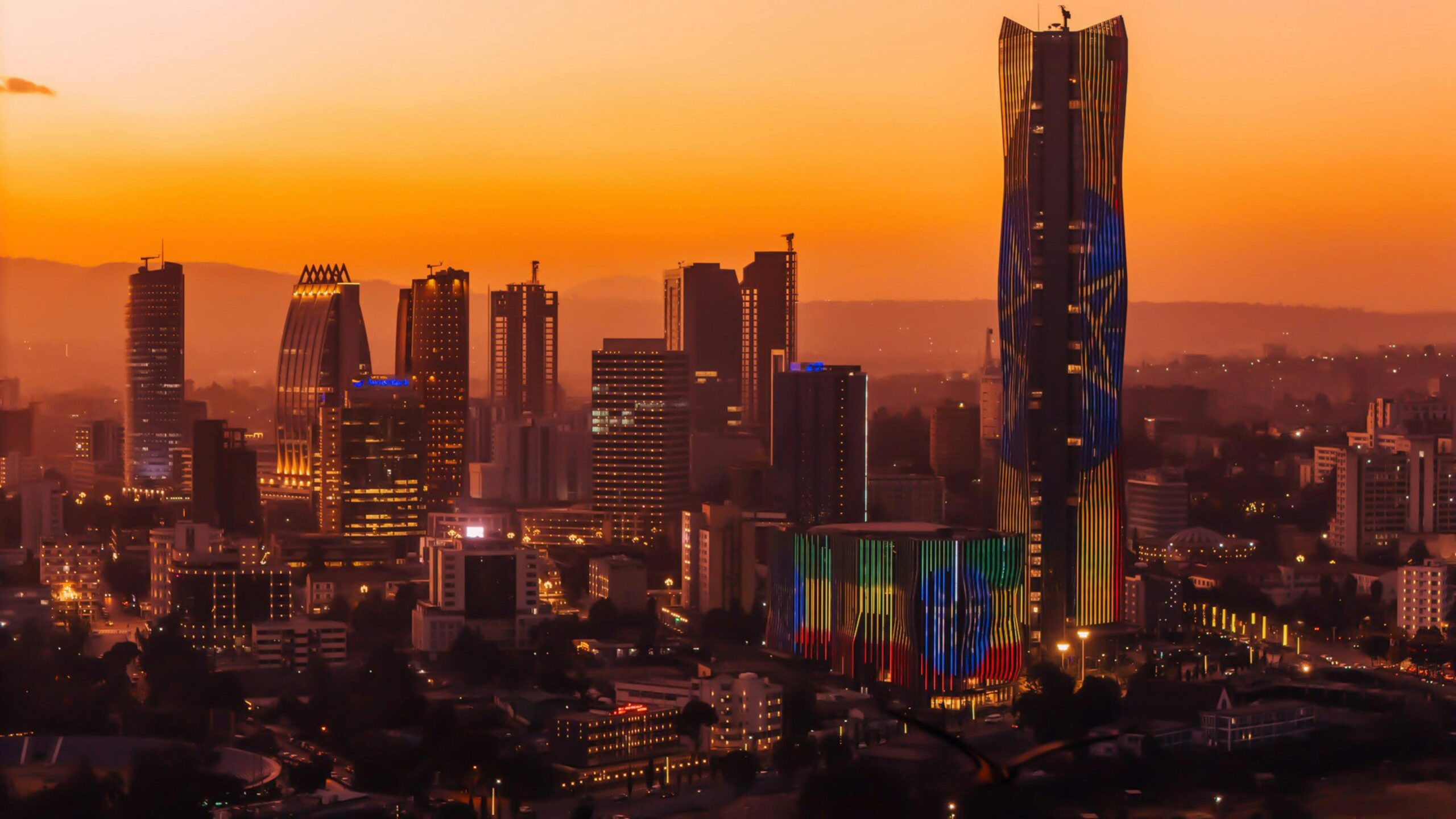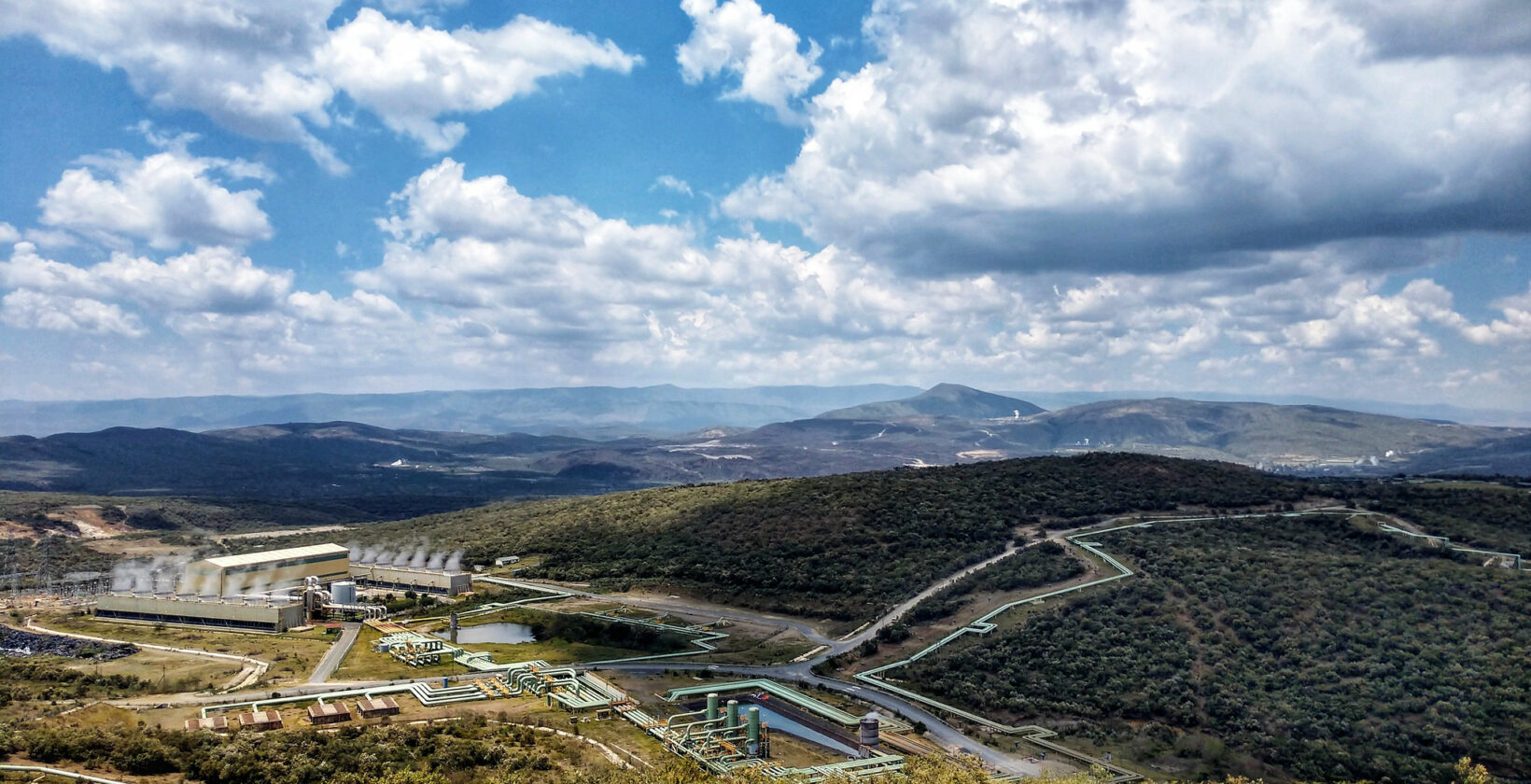Sustainability TLDR Newsletter: Edition 35
This newsletter gives you highlights of selected sustainability insights that were, perhaps, too long (you) didn’t read (TLDR) or there’s just too much out there to read. The highlights presented cover insights gleaned from a global, regional (African), and national (Kenyan) perspective. Happy reading!
GLOBAL
Historic Ruling on the Obligations of States in Respect of Climate Change

23rd July 2025 is a very special moment in global climate action! All hail the passion and resolve of youth!
But let’s begin with context first: In 2019, 27 university law students from the Pacific Island of Vanuatu decided to take a stand for our world. They decided to ask the world’s highest court, the International Court of Justice to issue its opinion on the climate crisis. The students and their country, the island nation of Vanuatu, spent years rallying for support from other nations and stakeholders, and in 2022, the Organisation of African, Caribbean and Pacific States (OACPS), 76 member states, agreed to support Vanuatu’s climate action campaign, and more champions joined in to bring this resolution to the United Nation General Assembly.
In March 2023, the International Court of Justice (ICJ) received a momentous request from the United Nations General Assembly to provide an advisory opinion on the obligations of states under international law concerning climate change.
This historic journey was led by Vanuatu and backed by over 130 countries, and culminated in the ICJ’s advisory opinion issued in July 2025.
The ICJ opinion represents a landmark step in clarifying the legal duties of states regarding climate action, with direct implications for corporate sustainability leadership.
So here are a few highlights from the ICJ advisory opinion:
-
Keeping global warming to 1.50 C degrees is the legal goal for the international community; it is not 20 C degrees.
-
Climate change falls under the scope of existing international legal obligations. States are required to desist from actions that contribute to environmental harm AND also to take positive measures to prevent, mitigate, and adapt to climate change. These obligations arise under a range of treaties, including the UN Framework Convention on Climate Change (UNFCCC), the Paris Agreement, customary international law, and human rights conventions.
-
States must prevent significant environmental damage beyond their borders. This principle, once largely aspirational, is now interpreted as an enforceable duty.
-
Failure to act on climate change can constitute a violation of internationally recognized human rights, particularly the rights to life, health, food, and an adequate standard of living.
-
States are obligated to ensure intergenerational equity (current populations) and obligations extend to protecting the rights of future generations (those yet to be born).
For those in corporate sustainability, here are some additional reflections to consider:
-
Higher sustainability expectations as new legal norms emerge, and businesses will probably face increased regulatory and litigation exposure, especially if their operations undermine national climate targets or human rights.
-
A safe climate is a human right, and companies need to start viewing climate risks through a human rights lens e.g. right to life. Due diligence processes need to assess climate-related impacts on vulnerable populations and integrate remedies into sustainability frameworks e.g. assess climate-related human rights risks throughout value chains.
-
Increased expectations to report accurately to reduce emissions, and support adaptation as states duties in respect to climate action are enhanced.
-
Protecting future generations, those yet to come, means long-term sustainable business models, investment decisions and strategies that safe-guard and improve nature and build societies.
Attention now turns to national and international legal systems. While the opinion is not legally binding, it will influence how courts interpret environmental law and climate-related human rights; and importantly this ruling will likely accelerate global momentum towards making climate accountability a cornerstone of domestic legal systems.
My two cents: Across the world, human rights organisations, climate-vulnerable nations, and civil society groups can now leverage this opinion to push for climate justice e.g. new legislation, litigation, and enforcement frameworks. I truly hope that lawyers around the world rise to champion what’s best for the people and nature – Real human superheroes, Vanuatu’s 27 law students, have shown it can be done! It always seems impossible until it’s done – Nelson Mandela.
AFRICA
The African continent is gearing up for the Africa Climate Summit 2025

Taking place in the host country and city of the African Union, Addis Ababa, Ethiopia, the 2nd Africa Climate Summit (ACS2), is set for 8–10 September 2025 and is jointly hosted by the Government of Ethiopia and the African Union Commission. The ACS2 builds on the 2023 Nairobi Declaration, with the 2025 theme as: “Accelerating Global Climate Solutions: Financing for Africa’s Resilient and Green Development.”
The regional ACS2 will have high-level plenaries, ministerial roundtables, youth forums, regional pavilions, and over 100 side events, showcasing African-led solutions across food systems, climate-smart infrastructure, energy, and innovation. With over 45 African Heads of State expected, the summit aims to shape international climate finance and policy agendas on Africa’s terms, while also tracking progress on previous commitments and launching new implementation partnerships.
Running parallel is the UNFCCC Africa Climate Week 2025 from 1-6 September 2025, providing a complementary platform to advance country-level implementation of NDCs, green investment, and strengthen regional climate adaptation strategies.
The ACS2 happens soon after the momentous International Court of Justice (ICJ) ruling on climate change, which carries major implications for African countries, such as:
-
Binding legal obligations that all states must prevent further environmental harm by reducing emissions and supporting adaptation measures. This requires African states to take proactive actions to prevent harm; and also affirms long-standing climate justice claims.
-
Governments failing to act could face liability for climate-related harm, enabling African nations to explore legal routes for compensation and accountability (aka reparations).
-
The ICJ recognised that industrialised nations must provide financial and technological support to developing states, reinforcing Africa’s calls for fair climate finance.
The Africa Climate Week, and the recent ICJ ruling offer African leaders an opportunity to converge around diplomacy, law, and leadership that will support the development of the countries in the continent and their peoples.
My two-cents: A united regional stance for African countries, towards the upcoming COP30 in Brazil and all global climate action would be my dream – the ICJ ruling has drawn lines. African heads of state, ministerial heads, African business leaders would be wise to be guided by evidence and facts, the expectations of their societies and economies; and not short-term self-interest. These are the times to decide which side of history to stand on.
KENYA
Kenya’s 3.0 Nationally Determined Contribution (NDC) 2031 – 2035

I introduced some of Kenya’s NDC commitments in last month’s edition, so I thought it would be worthwhile to highlight Kenya’s 2nd (or 3.0) NDC submitted at the end of April 2025. By June 2025, only a small portion of countries globally had submitted their NDCs.
Kenya’s government has expressed high ambitions on climate action, and here are some key insights on the government’s commitments in mitigation and adaptation that will contribute to the Paris Agreement:
-
Reducing economy-wide emissions from business as usual by 35% by 2035. This means cutting or avoiding releasing 75.25 million tonnes of CO₂ – which could roughly compare to annual emissions from over 16 million passenger cars or the CO₂ absorbed by about 1.2 billion tree seedlings grown for 10 years.
-
Increase renewable energy e.g. geothermal, solar, wind to nearly 100% of the national grid.
-
Better land-use changes e.g. afforestation, forestry interventions, as well as climate-smart agriculture.
-
More low-emission transportation, waste management and eco-systems restoration.
- Operationalize existing national adaptation plans, and develop early warning systems. (A side note here: Smartphones are now the world’s largest earthquake detector network, through Google’s Android Earthquake Alerts System).
- Address water and food security, promote community-based adaptive capacity and nature-based solutions.
-
This NDC includes social dimensions, including human rights, gender equity, and intergenerational equity, which was not explicit in the first NDC submission. For example, the adaptation section commits to promotion of climate-resilient livelihoods for youth and women in rural areas through climate-smart agriculture and renewable energy.
-
Measurement and tracking are also key components of this NDC to ensure transparency, learning and accountability.
Delivering on its NDC will cost about USD 56 billion, 20% of which Kenya plans to mobilise domestically, and 80% through international climate finance. Kenya’s GDP is estimated at about USD 124 billion, so the NDC plan will require equivalent of 45% of the country’s current GDP to implement – but it is 20% (USD 11Bn) that will be sourced nationally.
My two-cents: It’s my guess that the government will turn to the private sector, read: formal economy; to deliver these commitments – might make sense given the (strained) realities of the government’s budget, and that the formal economy is the ‘lowest hanging fruit’ compared to the informal economy. If your business or company hasn’t developed its climate action strategies and plans – the clock is ticking! And remember to include the social dimension – it is already in Kenya’s NDC…and thank you ICJ ruling in respect of climate change for reminding all of us that the climate crisis is a human crisis.
